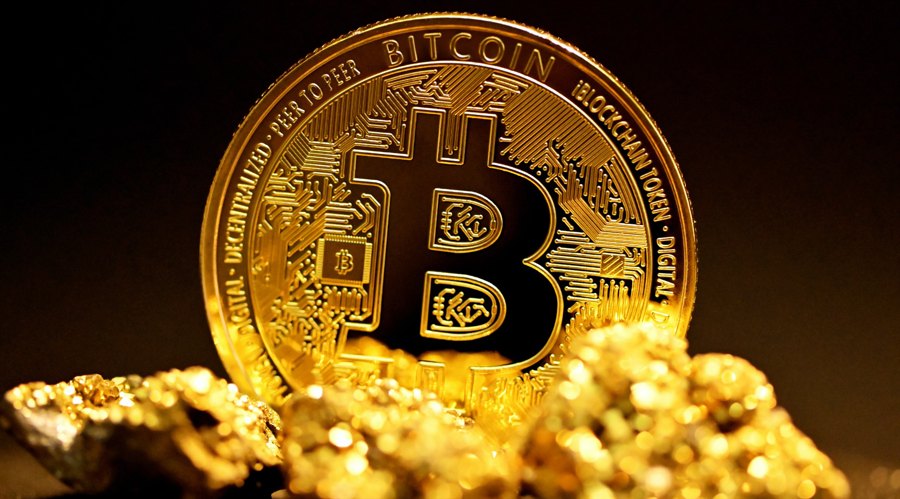Within the
cryptocurrency industry, Bitcoin has earned the moniker “digital
gold,” drawing comparisons with the actual precious metal. But the issue
remains: Is Bitcoin truly the digital counterpart of gold? In this post, we
will look at the features of both Bitcoin and gold to see if the comparison
holds up under investigation.
The
Emergence of Bitcoin as a Store of Value
Bitcoin debuted
in 2009 as an experimental digital money based on blockchain technology. It has
evolved from an intriguing notion to a recognized asset class over time.
Comparisons of Bitcoin and gold as value storage have gained popularity, with
numerous important elements contributing to this impression.
- Limited Stock:
One essential feature that Bitcoin and gold have in common is their limited
quantity. Gold shortage is well-known, with the global gold supply limited and
difficult to considerably expand. Bitcoin, on the other hand, is programmed
with a maximum quantity of 21 million coins, creating digital scarcity. - Decentralization:
Both assets operate via decentralized networks. Gold is not controlled by any
single entity or government. Similarly, Bitcoin runs on a decentralized
blockchain, which limits the influence of central authorities. - When compared
to actual gold, Bitcoin’s digital nature provides it extraordinary portability.
The convenience of transferring Bitcoin across borders and conducting digital
transactions outweighs the difficulties of dealing with actual gold. - Bitcoin is
divisible, allowing it to be divided into smaller parts and hence accommodate
microtransactions. Gold, on the other hand, is typically exchanged in bigger
denominations. - Inflation
Hedging: Bitcoin and gold are frequently used as inflation and economic
instability hedges. During times of economic instability, investors commonly
turn to both assets to protect and maintain their money.
The
Similarities of Bitcoin and Gold
The idea of
Bitcoin as “digital gold” is supported by various similarities
between the two assets:
- Scarce Supply:
Both Bitcoin and gold are based on the concept of scarcity. For millennia,
gold’s scarcity in the Earth’s crust has been known, whereas Bitcoin’s
mathematical restriction of 21 million coins instills digital scarcity. - Bitcoin and
gold both have a reputation for being safe-haven assets. Investors frequently
flock to them during economic downturns and to protect their capital from the
corrosive effects of inflation. - Decentralization:
The decentralized nature of Bitcoin’s blockchain,…
























